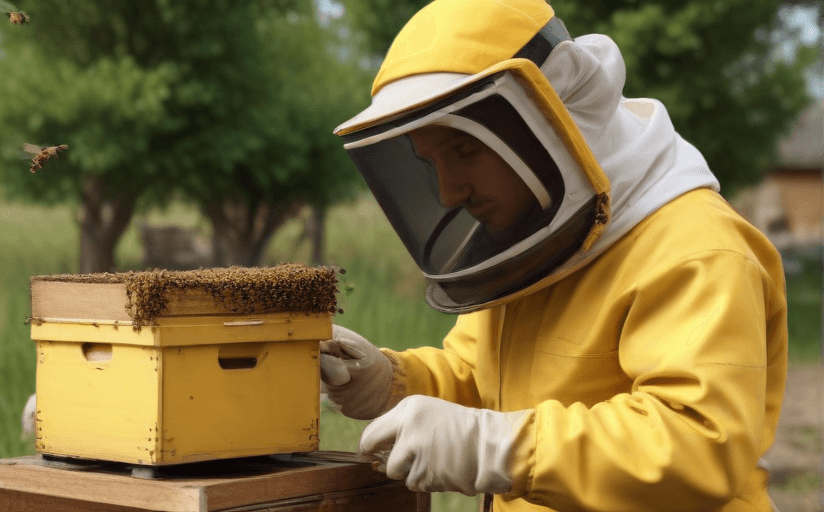Technological Advancements in Beekeeping: A Revolution in the Sector
Introduction
In today's rapidly evolving technological world, even the ancient art of beekeeping isn't left untouched. Transformations brought on by modern advancements have revolutionized the industry, as skilled beekeepers embrace a variety of innovative tools and techniques. This article delves into these new developments, their impact on honey production, hive management, and bee population health while also considering their potential drawbacks and future prospects.
The Advancements in Hive Management
State-of-the-art technologies like remote sensing and hive monitoring systems have greatly enhanced efficiency and productivity in beekeeping. Devices like hive scales, temperature and humidity sensors can remotely track hive conditions and alert beekeepers to any concerns in real-time. These enable beekeepers to intervene promptly when needed, thereby enhancing hive productivity and health.
Affecting Bee Population Health
Technology also plays a significant role in bolstering bee population health. From automated Varroa mite counters that track and manage diseases to GPS-fitted drones that pollinate flowers, technology's impact is far-reaching. Early disease detection and management, combined with controlled pollination, ensure stronger, healthier bee colonies.
Impact on Honey Quality
Top-tier technologies used in beekeeping have also had a profound impact on the quality of honey produced. Advanced processing and storage systems ensure the raw honey retains the maximum amount of nutrients, enhancing its quality and shelf life. Technologies like near-infrared spectroscopy allow for precise analysis of honey composition, guaranteeing authenticity and combating fraud.
Possible Negative Implications
While these technological advancements have largely brought about positive change, there are potential drawbacks. The high costs of implementing modern technologies can be prohibitive for small-scale beekeepers. Moreover, an over-reliance on technology can lead to less hands-on hive management, potentially resulting in reduced beekeeper skills and experience. The environmental impact these technologies have, if any, also needs to be considered carefully.
Final Thoughts
On balance, the role of technology in revitalizing the beekeeping industry is undeniable. The modern beekeeper is tech-savvy, relying on a suite of tools to manage hives more efficiently, enhance honey quality, and protect bee populations. However, as with all novel advancements, these technologies also come with potential drawbacks that require careful consideration to ensure a sustainable future for the industry.



















Comments
Leave a Comment